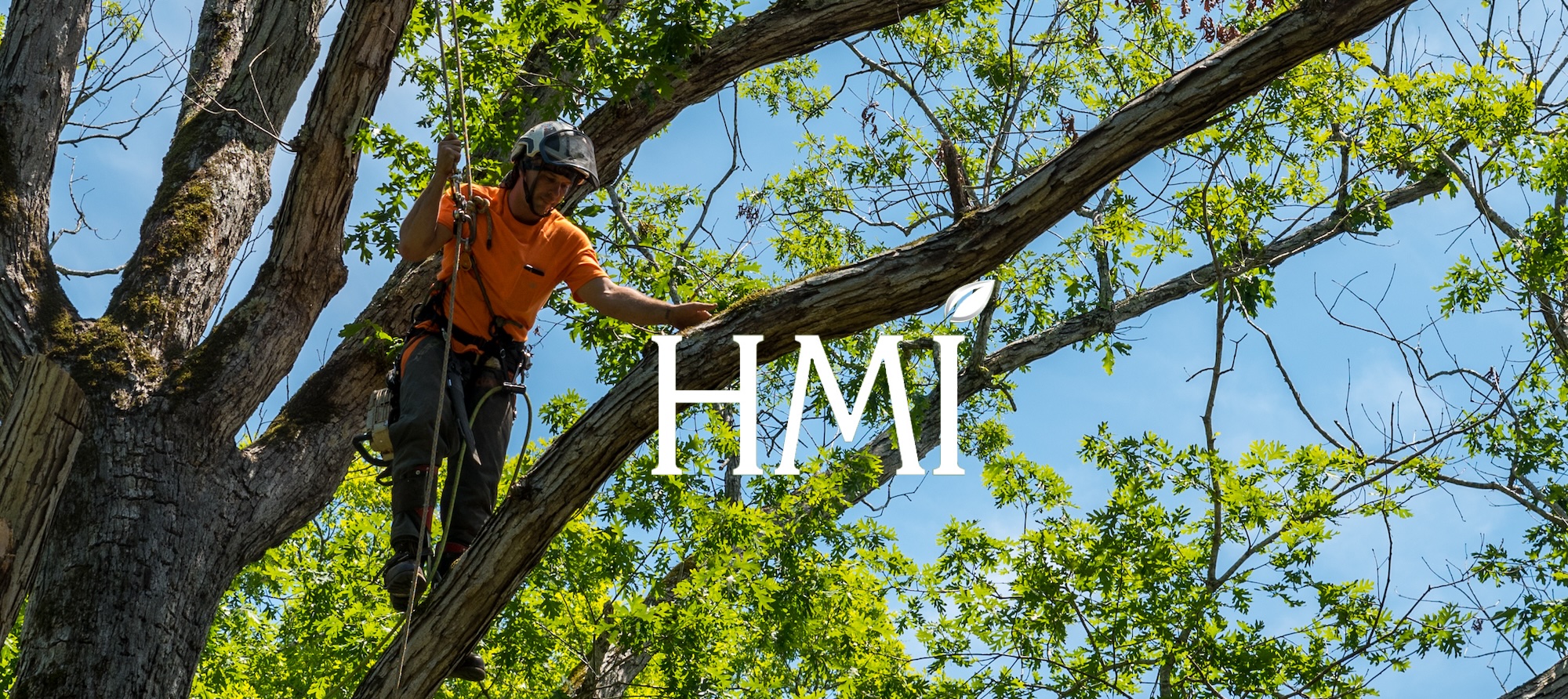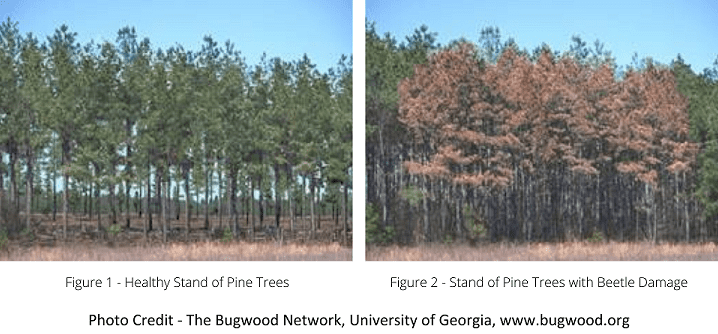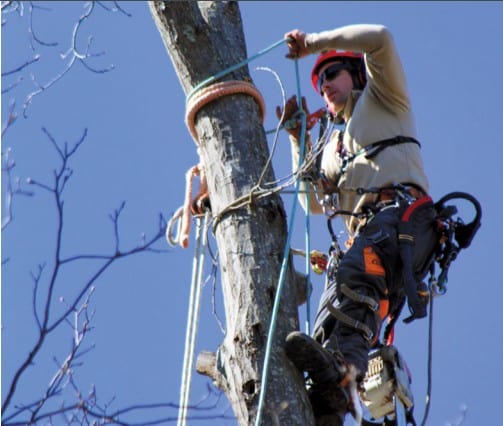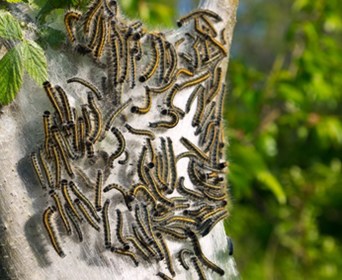Ah, the iconic maple leaf! It’s one of the most recognizable tree leaves out there, and it usually looks fresh! The leaves shimmer green in spring before putting on a show and turning yellow, orange, and red in fall.
But what if your maple leaves develop unsightly brown or black spots in summer? Is your tree in trouble–or even a goner?
Take a deep breath! While those spots look worrisome, it’s just tar spot–a fungal disease that isn’t a big issue to your tree’s health. Learn more about maple tar spot and how to help your tree rebound below.
Maple Tar Spot: A Tree Fungus You Can Regulate
What exactly is maple tar spot?
There are a couple types of fungi that cause those big brown or black spots on maple trees. They’re all called tar spot, and they most often affect:
- Box elder
- Norway maple
- Oregon maple
- Red maple
- Silver maple
- Sugar maple
- Sycamore
As with most tree fungi, maple tar is more likely to happen if your area has been getting lots of rain!
When will I see maple tar spots?
The spots usually start developing in early-to-mid-June. Then, the dots are tiny and light green. So, you probably didn’t notice them.
Around August, those tiny spots become significantly wider and thicker. It will literally look like clumps of tar are stuck to the leaves. You may even see spots on the maple seeds – unless you were smart enough to plant a seedless maple without helicopter seeds.
Do those black spots on maple leaves hurt the tree?
Maple tar spot is mostly a cosmetic issue. The dots bring down the look of your tree – and can even cause early leaf drop.
But that’s about the extent of the issue. Maple tar spot rarely does any damage to the tree’s health.
Is there a treatment for black spots on maple tree leaves?
If you’re really fed up with the maple tar spot, you can have a certified arborist and pesticide applicator apply a fungicide next spring. This is typically only recommended if your tree continually gets maple tar or it’s a prevalent issue in your area. Most tar spot is considered aesthetic and this method usually isn’t necessary.
Furthermore, to be effective, the fungicide must cover every single leaf, which can be quite the feat on mature maples. That’s why it’s generally best to treat and apply a maple tar fungicide on smaller trees.
Can I prevent tar spot from happening again?
The best way to treat and prevent maple tar involves a little elbow grease! As the leaves fall, rake and destroy all leaves. Do your best to get every single leaf out of the area, which in turn will remove most of the tar spot fungal spores.





